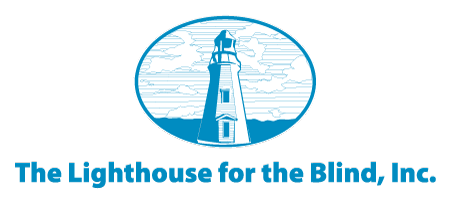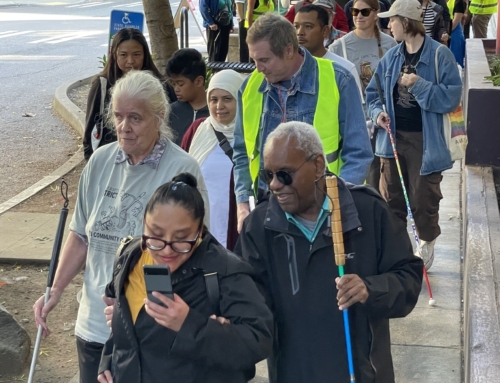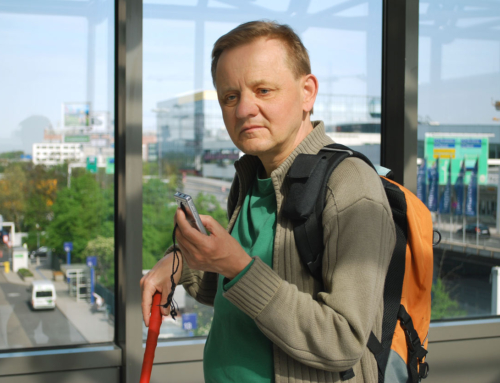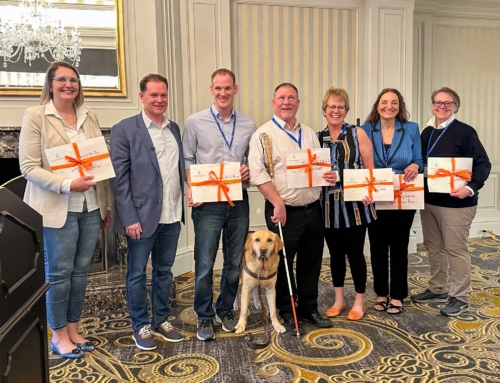Digital access is a critical piece of successful and sustainable expansion. The U.S. economy and workforce is digitalizing at an extremely rapid pace, meaning that most jobs require basic digital skills.
The pandemic exacerbated existing barriers to employment and training for individuals who are blind and DeafBlind in our community, leaving people increasingly isolated, without support, and for some, unemployed. To respond to this need, the Lighthouse adapted how we deliver our services to ensure the stability of our programs.
We were able to reconfigure our training model to include distance learning by changing our curriculum and service delivery. We incorporated webinars and 1:1 training using accessible tools like JAWS screen-reading software, Fusion, and Zoom. This has been a great benefit to our employees and now we are looking to expand to provide training to the broader community, who remain under-served and more isolated due to pandemic concerns.
Employees participating in our remote training and classes come away with increased skills that enable them to participate in their communities more effectively and enhance their personal independence.
In 2022, the Lighthouse was thrilled to receive a $74,000 grant to support our digital equity efforts. In 2021 the Coronavirus Local Fiscal Recovery Fund was established, and with these funds King County Office of Equity and Social Justice installed a new initiative to provide funding to organizations who promote the digital inclusion of communities who face barriers to accessing digital services, which have been disproportionately impacted by the COVID-19 pandemic.
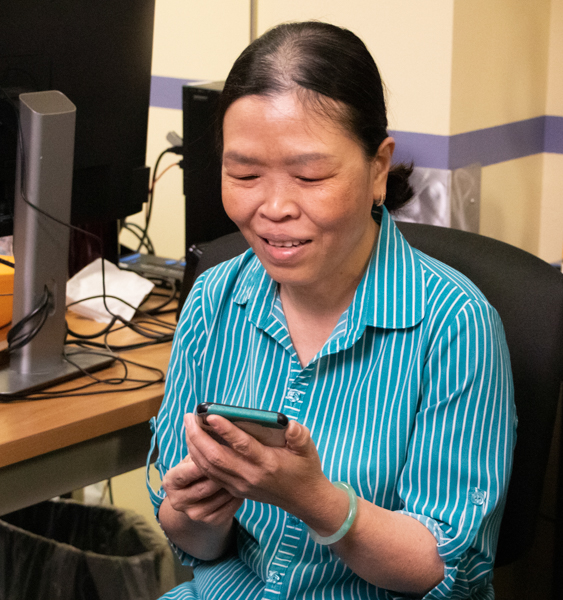
Mai Ho, learning about accessibility options through the Computer Training Program
